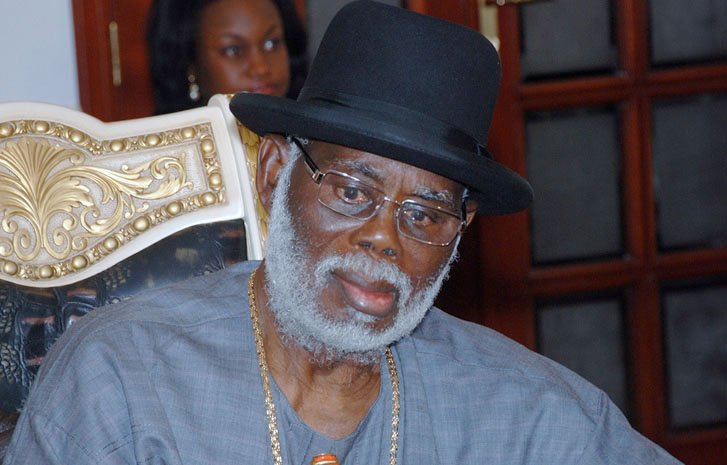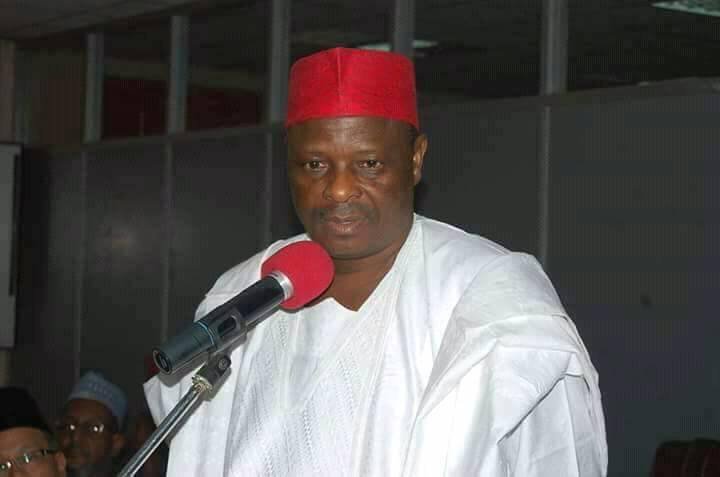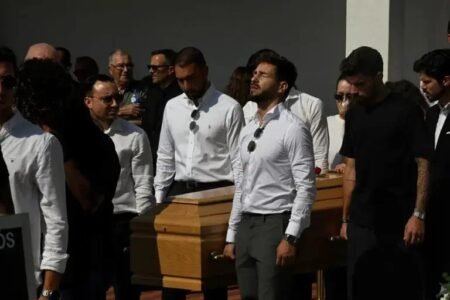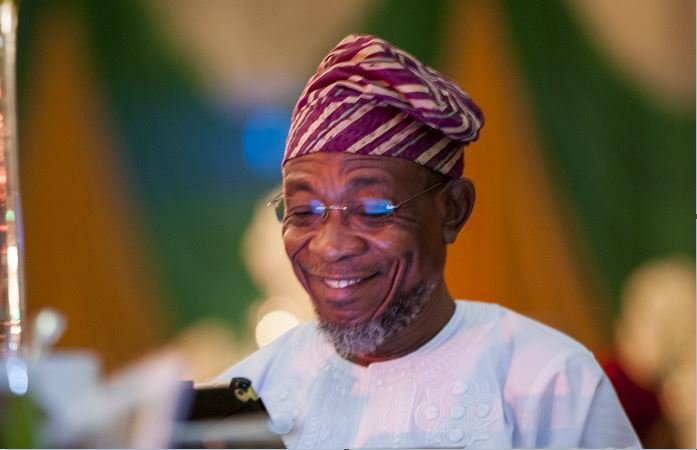By Oraye St. Franklyn
It does appear that the call to a cessation of public hostilities in matters relating to the interment of High Chief O. B. Lulu-Briggs is holding, albeit with frigid fragility.
This is happening, not without some dramatic changes in narratives and positions by those speaking for Chief Dumo Lulu-Briggs on the subject matter of unnecessarily delayed burial of High Chief O. B. Lulu-Briggs. The recent claim that it is a cultural issue seeks to deviate from the many different scandalous issues that they had said it was about.
Much as one is convinced that the issue is not a cultural one, it is nevertheless welcoming, as a face-saving decoy, which, to all intents and purposes, deserves a surgical analysis.
Today, it is taken for granted that High Chief Olu Benson Lulu-Briggs is acknowledged globally as a philanthropist who spared nothing in reaching the infirmed, indigent, aged and forgotten with the milk of human kindness that flowed freely from his bowels. The tentacles of his magnanimity left unblemished imprints right from the coastal lands around Sombriero’s sebaceous shores to hinterlands, away and beyond the flowing streams of Kwa Ibo. He was such a man, a man of such a unique way.
But the fine points of his most striking legacy and the very core of his essence amidst the rendezvous of his competing lavish outreaches, to both the young and old, may have been missed in the glorious clouds of his compassionate charitable causes. It is beyond philanthropy. It is the definition, nay, the refinement of culture and tradition.
Who would have dared believed that Opuda, as he was fondly called, a respected Kalabari Chief, himself, and Patriarch of the Oruwari Briggs War Canoe House of Abonnema in Rivers State, Nigeria, would have his wife, Seinye, not only accompany him to events with his fellow Chiefs but sit right beside him as proceedings went?
Going by traditional norms, that amounted to a ‘sacrilege.’ But not with Opuda. He was even known to have encouraged other Chiefs to bring their wives along with them to their events, as was the case with the first King’s Banquet of the great King Amachree XI, His Royal Majesty, King Prof. T. J. T. Princewill, the Amayanabo of Kalabari. No record exists prior to then of wives attending The King’s Banquet along with their husbands and in the revered King Amachree Memorial Hall. These things happened on Kalabari soil without the gods of the land taking offense. It spoke volumes of the character, the depth of awareness and the elevated consciousness of the man, High Chief O. B. Lulu-Briggs. It is also testamentary of the progressive disposition of His Majesty, The King, in approving of the change.
Opuda always had his wife, Seinye; accompany him to Oruwari Council of Chiefs’ events. The Chiefs and people of Abonnema know this for certain. It was no secret. She was by his side as wife whenever he attended events with the Kalabari Council of Chiefs.
His was not a challenge of culture or rebellion against tradition but a refinement of their fine points; a celebration of human liberty and the unmistakable affirmation of the dignity of the woman, his wife. After all, if a man and his wife are said to be one, where in the revered tradition, the grand chancery of Chiefs, the home of sundry spirits and bygone patriots, celebrated warriors and conquerors who founded the land and established its norms, is there the enacting dividing asunder?
Opuda was a deeply knowledgeable man; widely travelled and free-spirited. He knew culture, and knew that it was not to be used as an acceptable weapon for the subjugation of women. This was why he kept his wife at the fore in traditional and cultural affairs. It was not to draw the ire of the gods. It was to establish the liberty that God freely bequeathed to humanity without deterrent by prejudice.
The story is told of a traditional event Opuda attended at the invitation of the Amayanabo of Opobo, the revered King Dandeson Douglas Jaja V, which held at the Atlantic Hall of Presidential Hotel in Port Harcourt. Just a single seat was reserved for Opuda at the high table. What he did was both a remarkable and an emphatic statement that remains unforgettable. He, Opuda, held on to the hand of his beloved wife, Seinye, and refused to sit until a seat was provided for her on that table. That was not without some readjustments, being made by eminent traditional rulers of Rivers State present at the event, to create the space for her seat. It all happened in the full glare of the admiring guests. To Opuda, as it should be to all men, good men especially, a wife is not necessarily the possession of her husband but his companion.
His Last Will and Testament read on Friday 26th July 2019 at the office of the Chief Registrar of the High Court of Rivers State, Port Harcourt Division, was the crowning glory of his legacy. He stated primus inter alia: ‘FIRST: I wish to be buried, and for my wife, Seinye Peterba Lulu-Briggs, if she survives me, to take an active part in my funeral services…’
Nothing speaks to the will and purpose of God himself on the essence of human liberty than those fine lines. His wish to have his wife be involved in his funeral services encapsulates his deep understanding of the divine purpose of marriage. It is something to which humanity itself is rising.
Culture is the mirror of accepted usage; viewed as the ideas, customs, and social behaviour of any given group of people or society. Understandably, it differs from place to places. This is why it is unique. But most importantly, it evolves through time and for good reasons. This is why societies make progress.
Opuda’s message by his worthy living example, which I dare say, didn’t draw the ire of the gods, is that we must rise to worthier standards as he did himself. If the ‘gods’ didn’t frown at his polite interjections, nay, essential refinement of culture, why should we, mere mortals who are subject to the elements of nature, be the clogs in the wheel of our very progress? Is it not also a thing of beauty to see that the Wife of the King of Kalabari is now addressed as Queen? Was that the case before? Definitely, not. Is that not progress? You bet, it is a fine example of how our societies and cultures should evolve.
READ: Are Nigerian graduates employable? by Seun Bisuga
To infer that because it is deemed cultural that a woman does not partake in the funeral of her husband in Kalabari land, the desire of her husband should be discountenanced is to insult him, a Chief and the Paramount Head and Patriarch of Oruwari Briggs War Canoe House, in death. That is what sounds like sacrilege. He didn’t die intestate. Opuda determined exactly how he intended his remains to be interred and, at the very least, he should be honoured by having his wish respected.
The precondition that his wife should submit mortuary papers before a discussion is held about her husband’s funeral is a challenge of her husband’s will and should kindly be waived. Twice, Opuda’s funeral has been fixed and twice Chief Dumo Lulu-Briggs cancelled it on account of his gubernatorial election. It was without any recourse to mortuary papers. Why then is that an issue now?
There’s no need to place roadblocks on the path of progress. Arrangements, which had reached advanced stages, should be reactivated to enable the burial hold just as the possessor of the earthly remains wanted.
His wife will be fully involved in his funeral services, just as he wished and demonstrated in his lifetime. When an agreed date is fixed, the earthly remains of High Chief Olu Benson Lulu-Briggs would be conveyed from Accra to Abonnema for the celebrated interment of a great man who touched many lives in many unique ways.
Those who dispute with this arrangement should remember that the late eminent Kalabari Jurist, Chief Nabo Graham Douglas’ earthly remains arrived Nigeria from far away London, about 6 hours away by flight, on the very day of his funeral. It’s nothing new. Accra, Ghana is just over 1 hour. Let us move forward and make progress. If not now, when? Nigeria News











